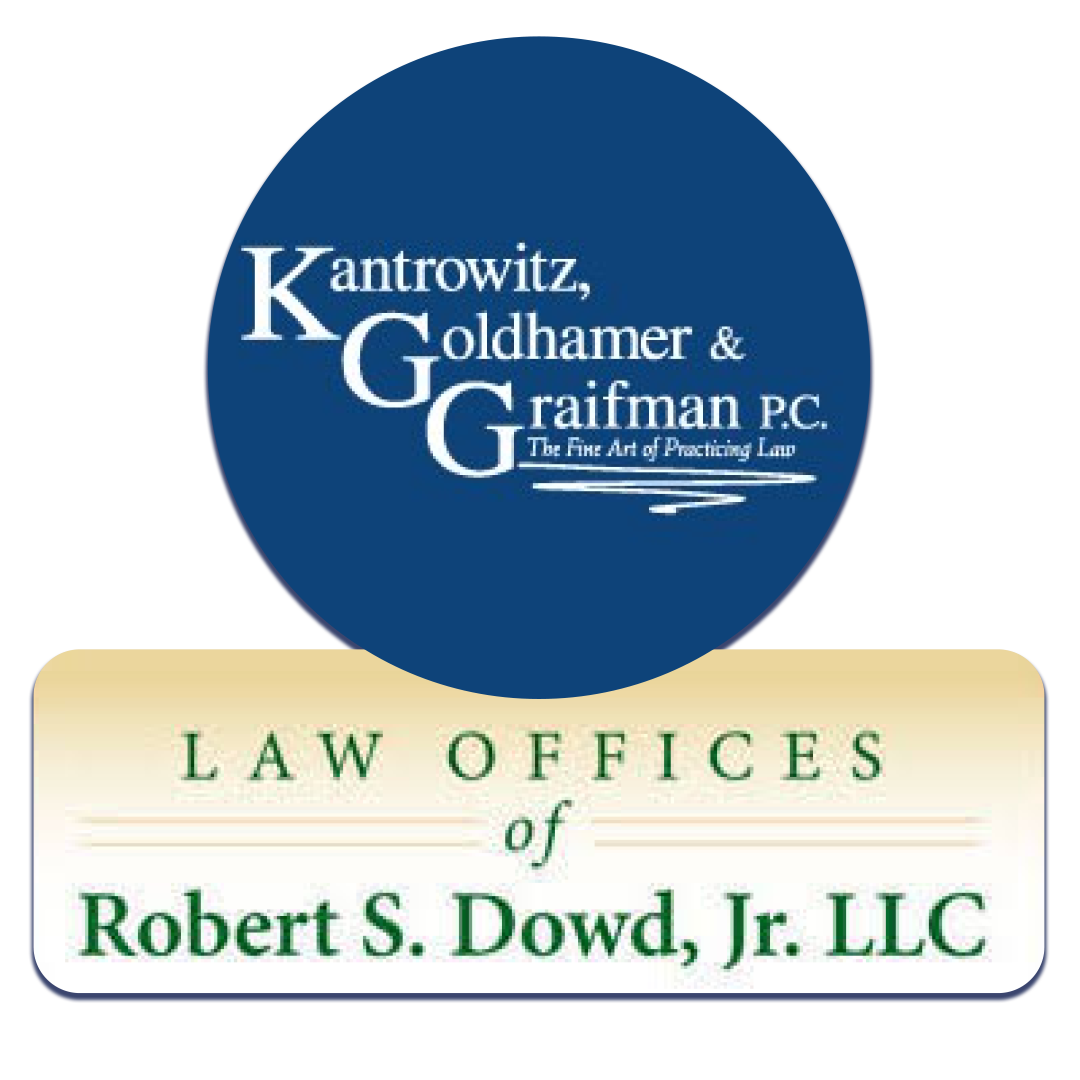Do You Have a Case?
Let our experienced class action attorneys determine whether you have a case in this golf club litigation initiative.
Traditionally, private golf clubs in the U.S. often require new members to pay significant membership joining fees, sometimes characterized as “deposits” or “initiation fees.” Often the member is only entitled to a refund of this fee after a substantial length of time as a member or upon the member’s resignation or death. Many private golf clubs unilaterally changed the rules on processing these refunds in light of the impact the Great Recession and the declining popularity of golf among the young. This results in a big surprise to resigning members of the club, who are often retiring. These former members are then forced with the unattractive prosepect of retaining an attorney on an hourly fee basis to pursue legal action to obtain a refund of their deposits or initiation fees.
Golf Litigation is Underway
Working together, Gary Graifman of KGG and Robert Dowd, Jr. of Dowd Law have been successful in obtaining recoveries for former members of their refundable membership deposits and initiation fees by representing the former members as a group and on a contingency basis. In proceeding in a collective fashion, they have been able to force private golf clubs to settle the claims early in the litigation, therby guaranteeing a recovery to the former members in a relatively timely manner. Having reviewed numerous membership agreements, they are able to quickly identify intentionally vague and deceptive language in membership agreements and membership plans and “bait and switch” techniques employed by some private golf clubs seeking to evade their obligation to refund these membership joining fees. The view of some of these private golf clubs was candidly expressed in a recent case as follows: As the founder of ClubCorp once summarized: “A dollar borrowed is a dollar earned. A dollar refinanced is a dollar saved. And a dollar paid back is a dollar lost forever.” In numerous instances the individual owners or managers who have participated in a consumer fraud may be held individually liable for these refunds to former owners.
Should You File a Golf Club Lawsuit?
We are fielding inquiries for potenial golf club lawsuits on a collective basis for current or former members related to the following complaints:
- Clubs that have failed to refund membership deposits or initiation fees.
- Clubs that placed former members on the waiting list for a refund but misrepresented or otherwise failed to communicate the status of that refund.
- Clubs that suspended or significantly lowered membership joining fees for new members and taken the position that as a result there are no monies for refunds of membership joining fees to former members.
- Clubs that have changed membership categories, programs or classifications, resuling in no new fees to fund refunds of membership joining fees.
- Clubs that have mischaracterized incoming memberships to evade their obligations to refund former members deposits or initiation fees.
In other words, if you feel you’re getting the run-around from an ailing club or the golf course property owners are not living up to their contractual obligations, you may have a viable golf club lawsuit.
Golf Club Membership Refunds
If you did not receive a golf club refund as you were promised, you may have grounds to file a complaint on a number of legal theories including:
- Violation of the New Jersey Consumer Fraud Act – If a defendant is found liable for a misrepresentation, knowing omission, deception, concealment or unconscionable commercial practice the plaintiff is entitled to three times his or her actual damages plus reimbursement of his or her attorneys’ fees;
- Breach of contract – If a defendant has failed to live up to the terms of the membership agreement, which often incorporates the membership plan’s terms, the defendant will be liable for all resulting damages and interest.
- Breach of implied covenant of good faith and fair dealing – If a defendant has failed to comply with the terms of the membership agreement in a manner consistent with good faith and fair dealing, this constitutes a breach of contract even if the literal terms of the contract were not violated.
How Long Do You Have To File a Golf Club Lawsuit?
Each state has a statute of limitations deadline for pursuing fraud charges and breach of contract claims. Most of these periods of limitation measured from the date of the breach of contract or wrongful act, or under some circumstances from the date of your discovery of the breach of contract or wrongful act. Because courts typically enforce statute of limitations very strictly, it is very important to contact an attorney to determine the deadline for instituting legal action.
How Much Money Can You Get from a Golf Club Initiation Fee Refund?
In the cases we have filed for return of membership joining fees we have sought not only a return of the principal and interest associated with the membership deposit or initiation fees, but also triple the amount of these damages under applicable state consumer protection laws, plus reimbursement of attorneys’ fees. In the cases we have settled on a collective basis, the net recovery for the plaintiffs have been in seven figures.
We’ve had previous success in this type of litigation, getting a $1.5 million dollar settlement and a $2m settlement for our clients who were eligible for Golf Club litigation.
Is a Golf Club Membership Refund Owed to You?
Contact us to inquire about pending golf club refund litigation at any area club, or click here to view a list of some golf and country clubs in the New York/New Jersey area that could be eligible.
Gary Graifman of KGG and Robert Dowd, Jr. of Dowd Law are standing by to field all inquiries about this emerging area of litigation. Contact us today to set up a consultation regarding your potential rights and remedies.







